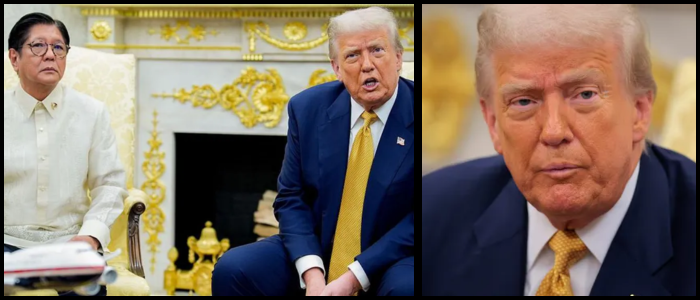The newly announced 19% tariff is steeper than earlier proposals, including the 17% rate Trump had suggested in April and a 20% threat he made earlier this month. These changes are part of Trump's broader trade strategy aimed at challenging policies he believes are unfair to the United States. His approach has already led to trade discussions with multiple nations, including the UK, China, and Indonesia.
Concerns Grow Over Trade Uncertainty and Higher Costs
Despite talks and tentative deals, many of Trump's agreements have retained high tariffs, with several key issues unresolved or not officially confirmed. As of now, countries like the European Union and Canada are still awaiting clarity on their trade relations with the US. With a new round of increased duties set to begin on August 1, concerns are rising globally.
Canadian Prime Minister Mark Carney, speaking from Ontario, commented on the ongoing talks, noting the negotiations remain "complex." He emphasised that Canada would not settle for a poor agreement and that reaching a deal by Trump's deadline remained uncertain.
Economic Impact on Companies and Trade Relations
The tariffs, first revealed in April, caused considerable financial disruptions. Although Trump later delayed some of the harsher measures, he maintained a 10% universal tariff on most goods and imposed higher duties on specific products like vehicles, copper, steel, and aluminium. Recently, with markets more stable and the US economy showing resilience, Trump has revived his tariff plans. Letters sent to various countries detail the 1 August deadline for new tariffs to take effect.
The Philippines, which exported $14.2 billion in goods to the US last year, including car parts, electrical machinery, textiles, and coconut oil, now faces serious trade challenges. While not among the US's largest trading partners, the effects of a 19% tariff could still be significant.
For major corporations, the financial impact of the tariffs continues to grow. General Motors recently reported losses exceeding $1 billion over three months due to the increased duties. Stellantis, the company behind Jeep, had earlier disclosed that the tariffs had cost it €300 million ($349.2 million).
World

Trump Sets 19% Tariff on Philippine Goods

US President Donald Trump has declared a new 19% tariff on imports from the Philippines, following a meeting with the Philippine President at the White House. Trump shared the news on social media, calling the visit "beautiful" and stating that the two nations had finalised a trade agreement. According to him, the Philippines will remove duties on American products, and both countries have agreed to strengthen military cooperation. However, there has been no immediate confirmation of the agreement from the Philippines.















